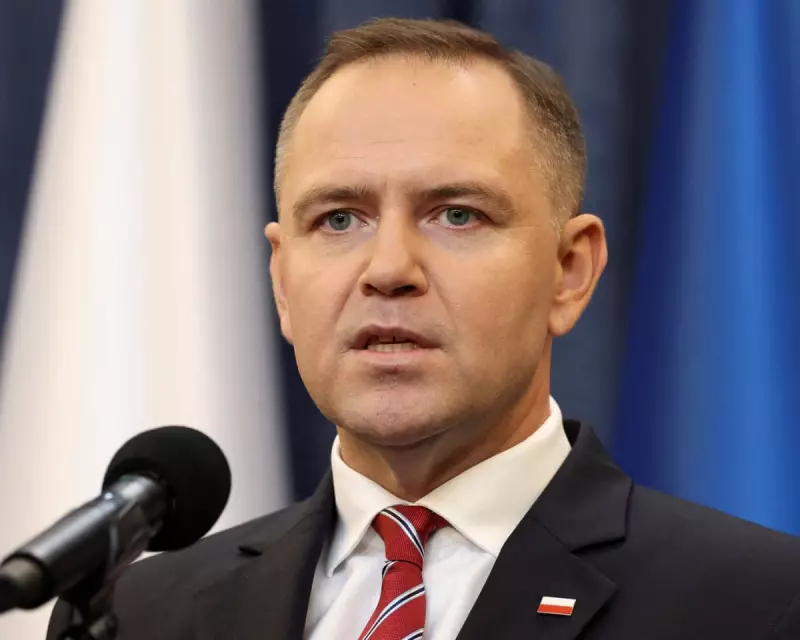
In a move that has sent ripples across Europe, Polish President Andrzej Duda has wielded his presidential veto to reject legislation that would have prolonged critical financial assistance for Ukrainian refugees residing in Poland.
The controversial decision, announced on Monday, directly impacts the lives of hundreds of thousands of Ukrainians who sought sanctuary in Poland following Russia's full-scale invasion. The vetoed bill would have extended a generous cash benefit programme, a key lifeline for many displaced families, beyond its current expiration date at the end of 2025.
Economic Strain and a Call for EU-Wide Solidarity
President Duda justified his decision by pointing to the significant financial pressure on the Polish state. He emphasised that while Poland's initial welcome was unwavering, the long-term financial burden of supporting such a large refugee population should not fall on a single nation.
"We must remember that we are not alone in this," a statement from the President's office read. "The scale of the challenge requires a united European response. The costs of aiding Ukraine, both militarily and humanitarianly, should be distributed more evenly across the European Union."
Uncertainty for a Vast Refugee Population
This decision plunges the future of an estimated 800,000 Ukrainian refugees in Poland into profound uncertainty. The cash benefits have been essential for covering basic needs like housing, food, and integration costs. Refugee aid organisations have expressed deep concern, warning of a potential humanitarian crisis and increased poverty levels if alternative support structures are not established.
The veto also exposes a growing political divide within Poland. The centrist government of Prime Minister Donald Tusk, which proposed the extension, now faces a significant challenge. Overriding the presidential veto requires a three-fifths majority in parliament, a difficult threshold to meet without support from opposition lawmakers.
A Test of European Unity
Beyond Poland's borders, the veto is being watched closely as a critical test of European solidarity with Ukraine. It raises urgent questions about the sustainability of refugee support nearly three years into the conflict and underscores the need for a coordinated, long-term EU strategy to manage one of the largest displacement crises in modern European history.





